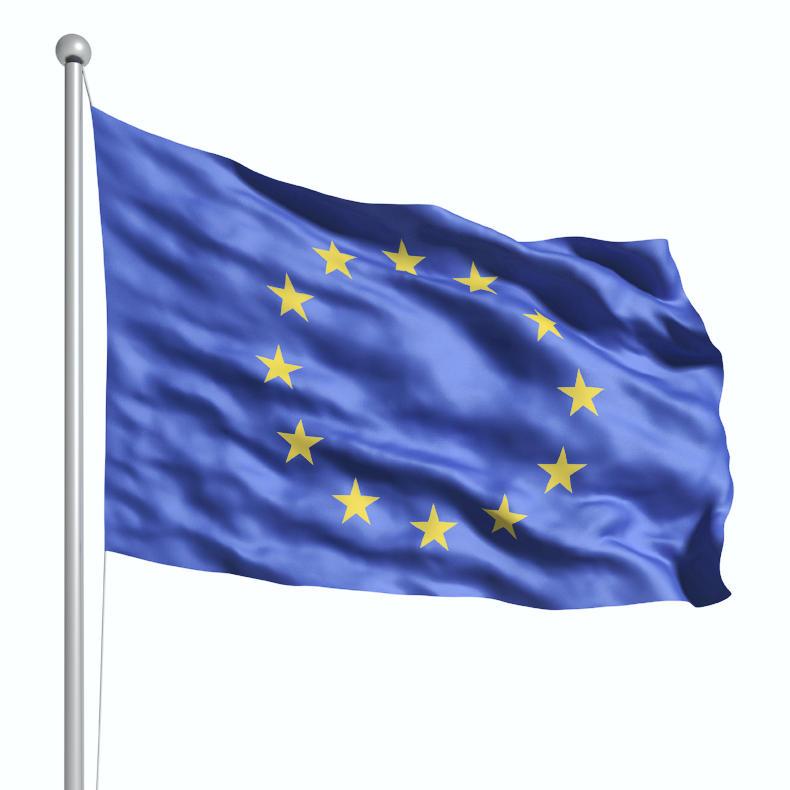On Thursday, it was revealed that the problem had reached Irish shores, with a small number of contaminated eggs being imported into the country.
But what is the story behind the crisis? Where did it start and who caused it?
Where and how did the problem start?
The problem started on Dutch and German poultry farms.
A disinfectant service was using Fipronil, which is an insecticide not permitted for use around food-producing animals, on poultry farms in the Netherlands and Germany.
It is believed the substance was used on 180 farms.
What action has been taken?
Over 100 farms have been closed in the Netherlands, Belgium, Germany and France since the investigation began.
Two companies are now under criminal investigation, with two arrests being made. So far, 26 suspects have been identified.
Some 20% of Dutch farms have now been tested for the insecticide.

How was it discovered?
The Belgium Food Safety Authority discovered the problem in June when routinely testing the eggs.
What EU countries have been affected?
Fifteen EU countries have been affected, including Belgium, the Netherlands, Germany, France, Sweden, Britain, Austria, Ireland, Italy, Luxembourg, Poland, Romania, Slovakia, Slovenia and Denmark.
Two non-EU countries, Switzerland and Hong Kong, have also been affected.
What happened in Ireland?
On Thursday, the Food Safety Authority of Ireland (FSAI) confirmed that a small quantity of contaminated eggs were discovered in Ireland.
Shelled, boiled eggs containing Fipronil were used by catering companies. These eggs came into the Republic of Ireland through Northern Ireland.
Also, a small quantity of liquid pasteurised eggs were supplied to a number of food businesses for use in bakery products. These eggs came from France.
None of these eggs were in supermarkets or in shops.
It is believed these products are no longer in the food chain.
The FSAI has been in contact with these companies about the scare.
High-level EU meeting on the issue
The European Commission will hold a high-level meeting on 26 September, with the ministers and representatives of the relevant authorities in all member states concerned by the ongoing issue of the contaminated eggs, a European Commission spokesperson has confirmed.
Taking lessons from the current egg issue and finding ways to continuously improve the effectiveness of the EU system to deal with food fraud and food safety issues will be on the agenda at the meeting.
Read More
Fipronil found in small quantity of imported eggs
Millions of eggs recalled from European shelves due to banned pesticide






 This is a subscriber-only article
This is a subscriber-only article










SHARING OPTIONS: